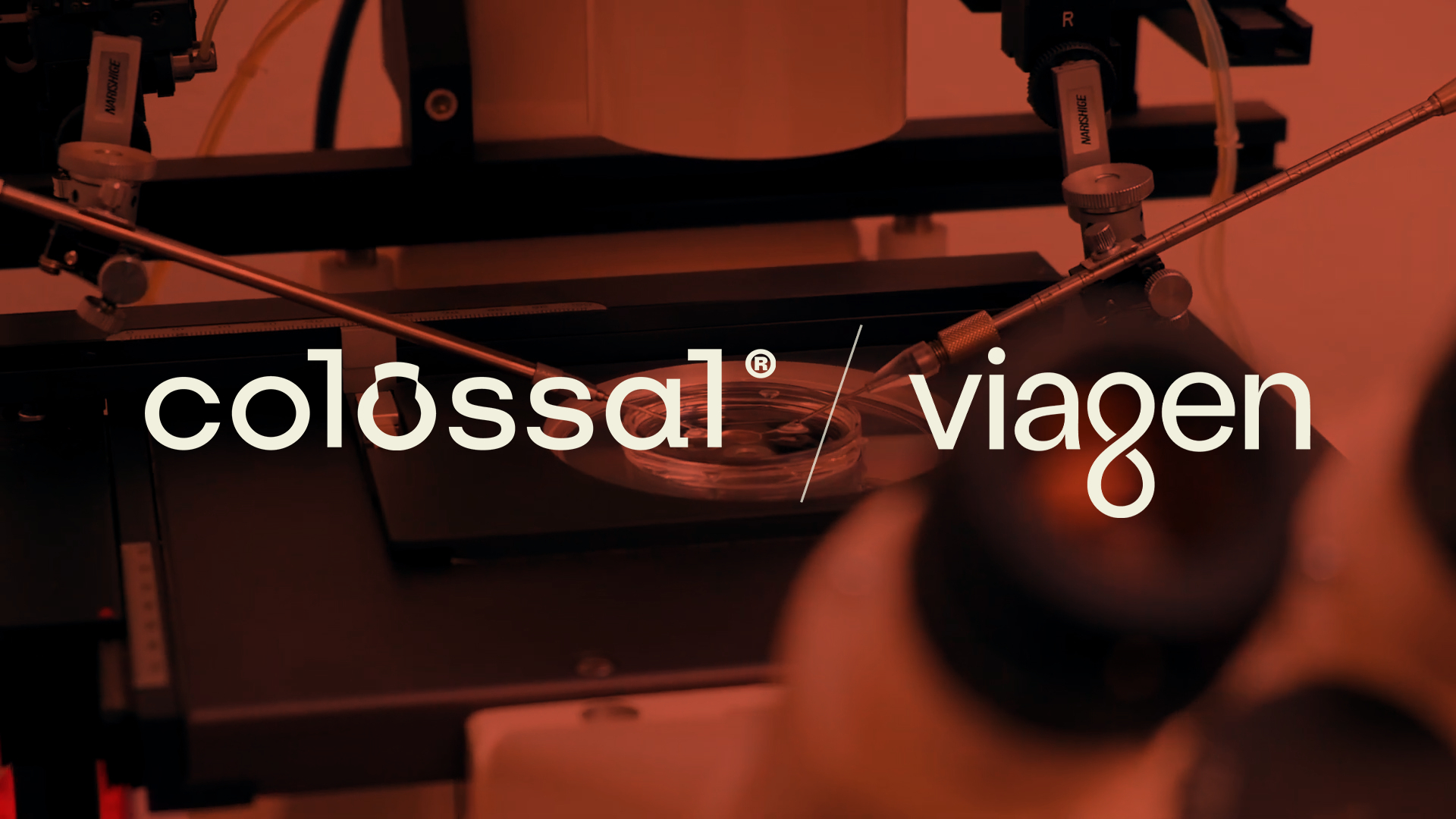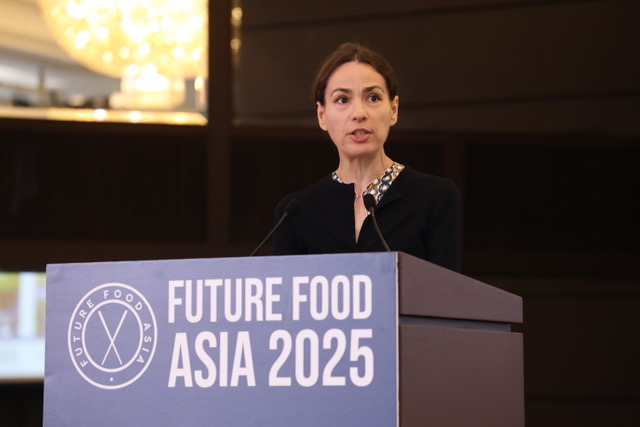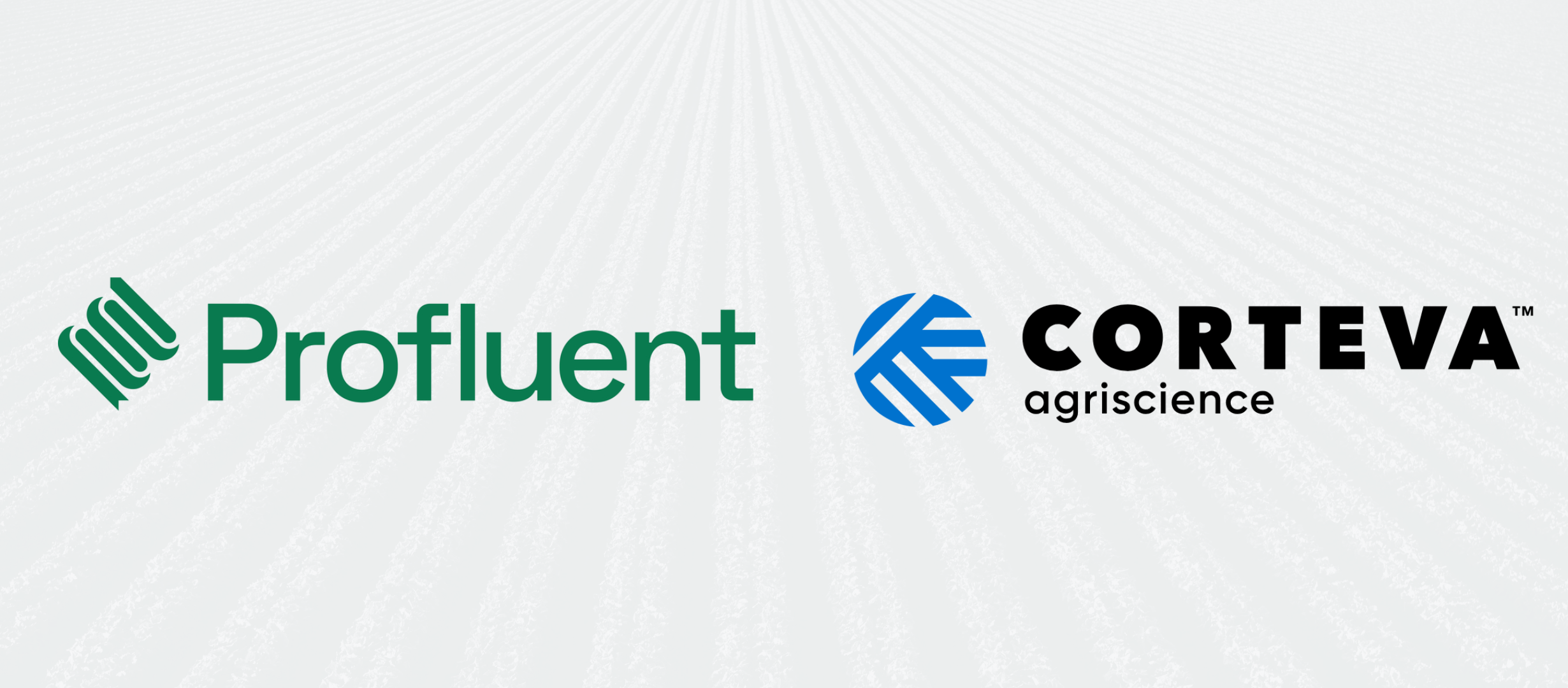Sense and Sustainability: Where does synthetic biology fit?
Sense and Sustainability: Where does synthetic biology fit?
This story is brought to you by SynbiCITE, which is accelerating the commercialization of synthetic biology applications. To learn how SynbiCITE is nucleating a sustainable UK economy, visit http://www.synbicite.com/
Sense and Sensibility deals with the question of whether we should define ourselves by logic and reason (sense) or by emotion (sensibility). The idyllic landscapes painted in Austen’s prose are now scarred with modern roads, dotted with cars and buses. We have developed a high standard of living through exploitation of unsustainable fossil resources, but was it worth sacrificing our sense to please our sensibility?
Two centuries on from Ms Austen’s novel, the world’s population has grown from one billion to seven billion people prompting us to think about our finite resources and the concept of sustainability. Governments recognise the challenge to create a sustainable global economy while maintaining the quality of life we’ve to which we’ve become accustomed. Emerging technologies like synthetic biology hold the potential to balance our sense and sensibilities.
Engineering meets biology
Synthetic biology is an emerging field where engineering meets biology, and it almost seems to have developed in tandem with the arising need for sustainability. In the UK, a synthetic biology roadmap in 2012 planned the opening of six Synthetic Biology Research Centres (SBRCs) and an Innovation and Knowledge Centre (IKC) in universities, at a cost of over £70 M (not bad, considering post-economic crash austerity policies were in play). The IKC was tasked with accelerating early-stage companies to develop their technologies with leading academics and industrial partners interested in synthetic biology to help meet the needs of sustainability.
Sustainability is where "development which meets the needs of the present without compromising the ability of future generations to meet their own needs" as defined in Our Common Future, a report by the World Commission on Environment and Development in the 1980s. Policies outlined in this report transformed to become the UN Sustainable Development Goals launched in 2015. Three pillars hold up the concept of sustainability: Economy, Environment, and Society. Synthetic biology in the UK is still in its early days, so how does it fit among the pillars of sustainability?

Sudden population explosion in post-World War II got the conversation on sustainability started at the United Nations.
Economy
For businesses, the economy means profit. For regions, the economy means jobs. For sustainability, the economy means circularity. Circularity essentially adds “recycling” to the linear economic model of “Make → Use → Dispose” currently used. The aim of synthetic biology is to satisfy this for all relevant stakeholders. Right now, the field is in its early stages. With profitable business models further down the road in terms of development, how does synthetic biology fit the economic principles of sustainability now?

The UK government is preparing for synthetic biology to form a major part of the sustainable economy. Photo by Ben Sutherland, CC by 2.0.
The national strategy on synthetic biology in the UK established research centres around the country and a central hub in London, SynbiCITE, to coordinate collaboration between partners from industry and academia and develop the field of synthetic biology. Start-ups can develop their idea in an environment designed to help with all aspects of R&D as well as business, from supply chain to strain engineering and process testing. Through courses and networks provided at SynbiCITE, start-up companies can learn how to add value and pitch themselves to investment firms or venture capitalists to help further develop their business. (We will be taking a deeper look at how SynbiCITE is growing the UK bioeconomy in an upcoming feature.)
After the R&D phase, companies need to work on scaling up process development. For this, the UK has the Centre for Process Innovation and the Industrial Biotechnology and Innovation Centre to support scale up and downstream processing of novel chemicals. Synthetic biology is still an early technology and scale-up has not occurred to the levels seen in industrial biotech companies like Green Biologics. Simply retrofitting existing refineries may not be compatible with synthetic biology technology, making it difficult for a start-up to test scaled-up manufacturing and processing methods without significant investment or an established industrial partner, or both. Synthetic biology will require further investment if it is to replace oil refineries and processing plants, and the jobs and profit that go hand in glove for businesses.
Environment
A major factor of shifting to a circular bioeconomy is managing available biomass. Looking at first generation biofuels in industry, we see food crops being used for fermentation to make butanol and ethanol, pushing up prices in food in some areas as farmers chose to sell to companies rather than people. What can synthetic biology do to help regulate biomass?
Let’s look at biofuel production. First generation biofuels are produced from sugar fermentation using food crops such as sugar beet. Microbes break these down using their native pathways, reducing the sugar to ethanol or butanol in a process similar to brewing. Second generation biofuels utilise lignin and cellulose from waste parts of plants like stalks and husks that aren’t used in food production.
Not many organisms can efficiently use lignocellulosic material, and those that can do not necessarily produce valuable metabolites at economic levels to compete with petrochemically-derived versions. One example of how synthetic biology can be involved is developing novel enzymes to biochemically pre-treat biomass for microbial breakdown. An extension of this is to engineer microbes to break down waste biomass themselves and ferment the freed carbon into valuable products. The process is not limited to waste biomass, but also waste gases such as carbon monoxide, methane and carbon monoxide. Syngas, as it is called, can be used as a feedstock for gas fermenting bacteria to produce high value chemicals, as exemplified by LanzaTech.

Synthetic biology operates at a cross-section of scientific fields to supplement different aspects of the economy, environment, and society.
Synthetic biology also has a stake in maintaining environmental standards and detecting pollution. Bioremediation is where microbes and plants effectively “clean up” oil or toxic chemicals in water and soil. Further utilisation of biomaterial can produce novel filters to clean highly polluted water of toxic compounds such as heavy metals. London-based CustoMem recently received £1.24 M to develop their promising filtration technology.
Society
As Jane Austen published Sense and Sensibility, Luddite protests raged across the English midlands in protest against automation in textile mills. When technology changes, there is resistance. How does synthetic biology fit in a world where vaccines and GMOs are misunderstood?
We can picture a world where synthetic biology solves all our problems overnight, but the reality is more difficult. Just as the world gradually became dependent on the fossil economy, so too will it shift towards a sustainable bioeconomy. There is considerable hope that sustainable measures will be adopted quickly once the technology is developed, as this fun game on attractor landscapes taught me. Humanity is rolling inexorably towards sustainability.
It’s important to remember that people come first. Biomass for food production must be prioritized and supply chains of other essentials, such as fuel, must be maintained. For the more exotic products of synthetic biology, like chemical precursors in plastic packaging and rubber, synthetic biology business leaders and researchers must demonstrate the safety of their product.
Sustainable businesses need the support of their stakeholders. In the field of synthetic biology, it’s difficult to say who isn’t a stakeholder. For the public to accept synthetic biology technology with all of its potential, the success stories need to be heard and understood. Synthetic production of insulin for diabetics from E. coli and sterile mosquitoes to combat Zika virus are fine examples of modern triumphs over disease through synthetic biology. Transparency of the process -- how these victories are conceived, developed and achieved -- is also essential.
The European Commission implements Responsible Research and Innovation (RRI) policy to engage the public on science research issues. In the UK, SBRCs engage in public outreach and must demonstrate RRI as part of their operation, which is then reviewed by the relevant research councils. In industry, accelerators like SynbiCITE, and organisations such as the Synthetic Biology Leadership Council, the Nuffield Council on Bioethics, and the BioIndustry Association adhere to RRI principles.
The unchanging sea views from the rolling hills of the South Downs, where Jane Austen wrote her seminal works, may disappear amid new offshore wind turbines – sustainable energy technology offends the sensibilities when it ruins your unspoilt and ancient vista. Fermentation and bioenergy plants will undoubtedly face similar resistance. Synthetic biology allows us to weave a new fabric for a sustainable society. Luddite-like intransigence, clinging to the nostalgia of the old way as it had at the start of the industrial revolution, will rise again to impede the synthetic biology revolution. Perhaps Jane Austen herself has some final words of encouragement for those taking small steps to help develop a sustainable world:
“Know your own happiness. You want nothing but patience; or give it a more fascinating name: call it hope.” - Jane Austen, Sense & Sensibility
This story is brought to you by SynbiCITE, which is accelerating the commercialization of synthetic biology applications. To learn how SynbiCITE is nucleating a sustainable UK economy, visit http://www.synbicite.com/



.svg)











.jpg)
.gif)